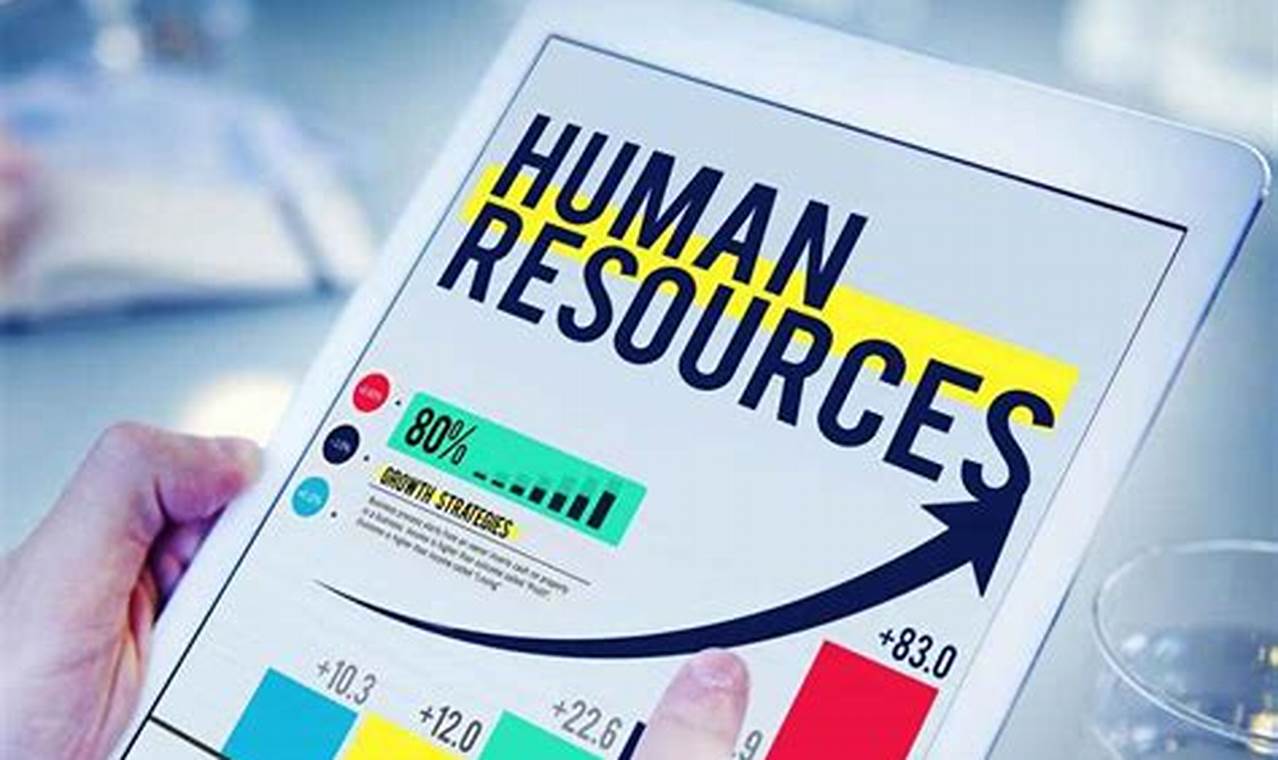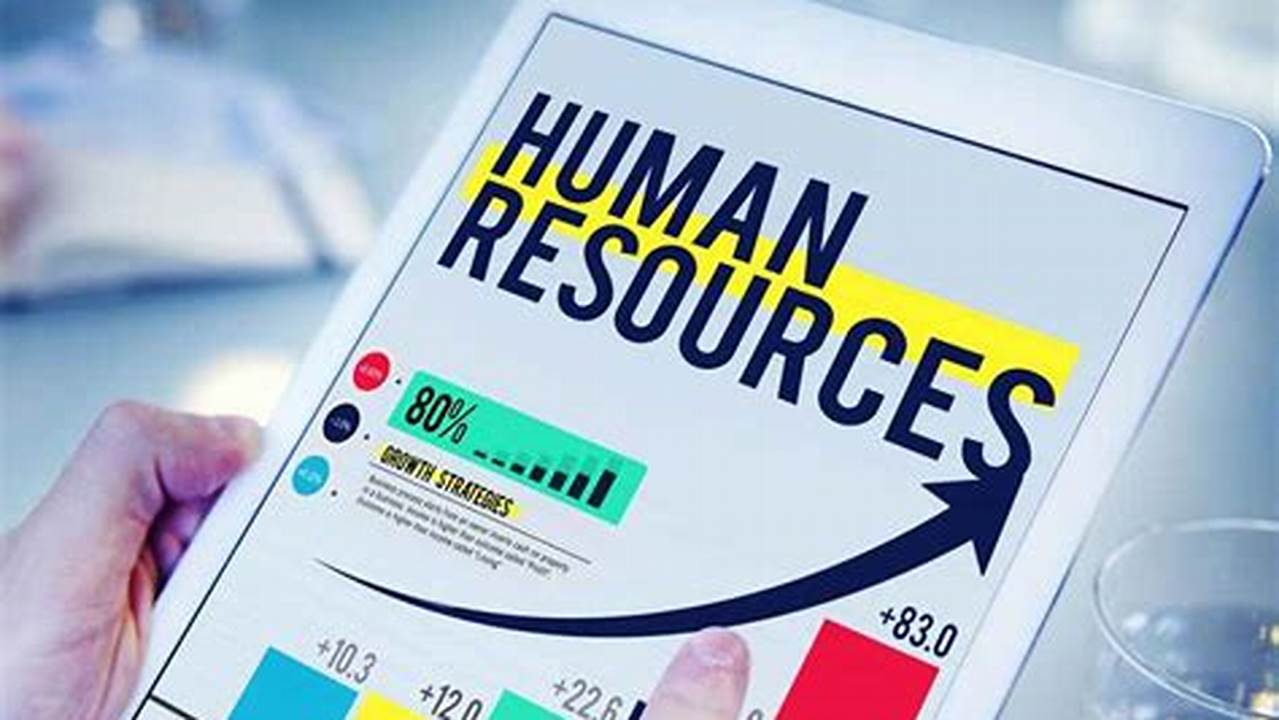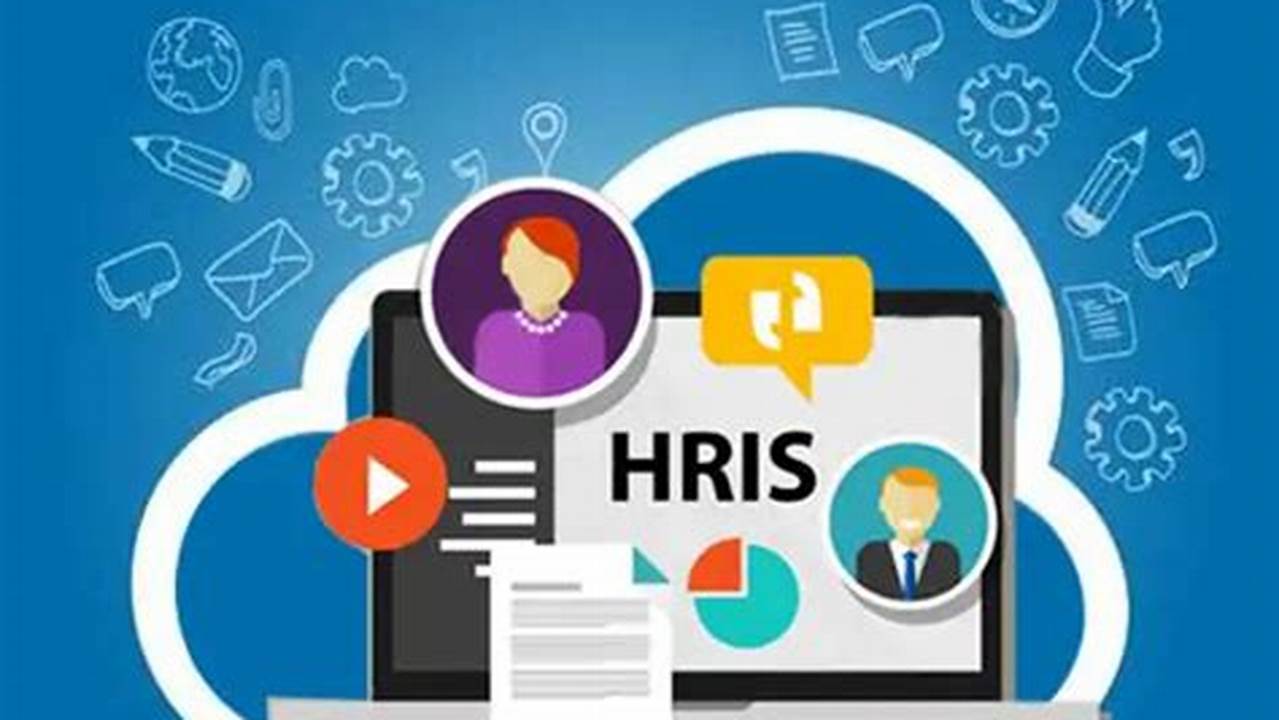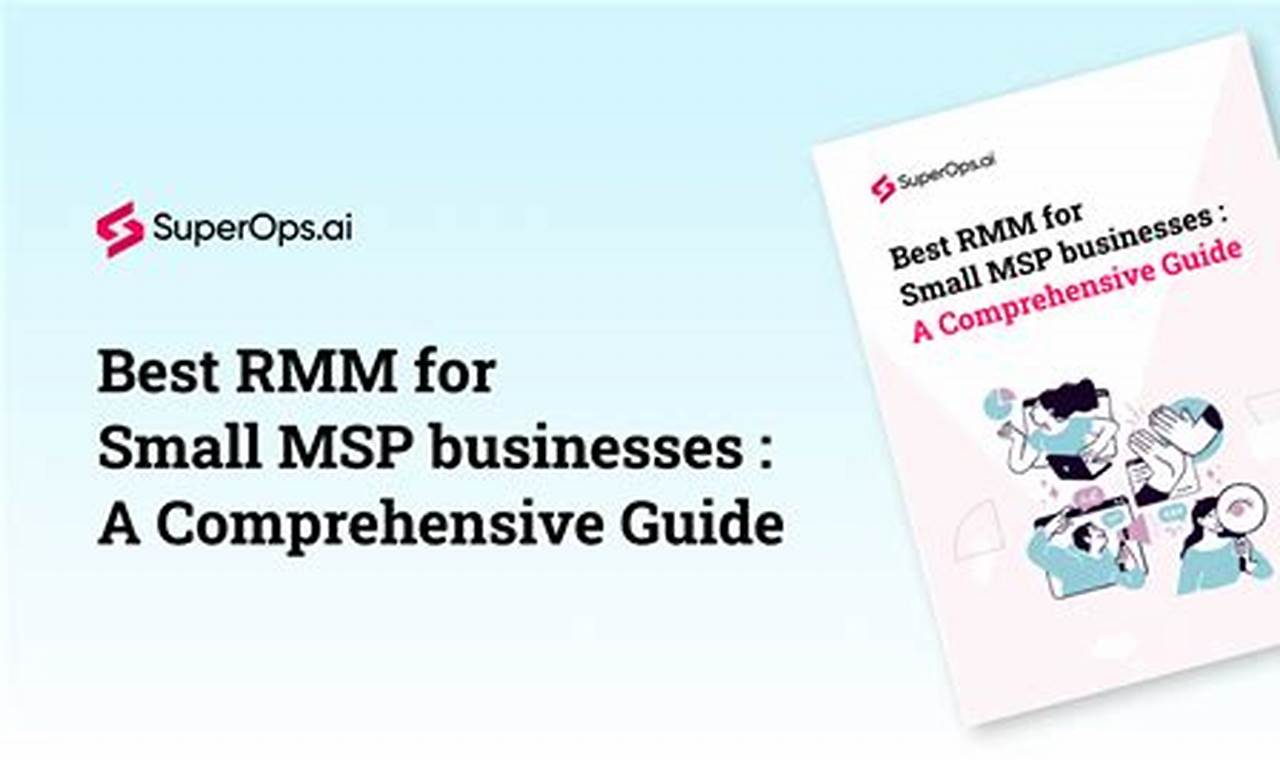
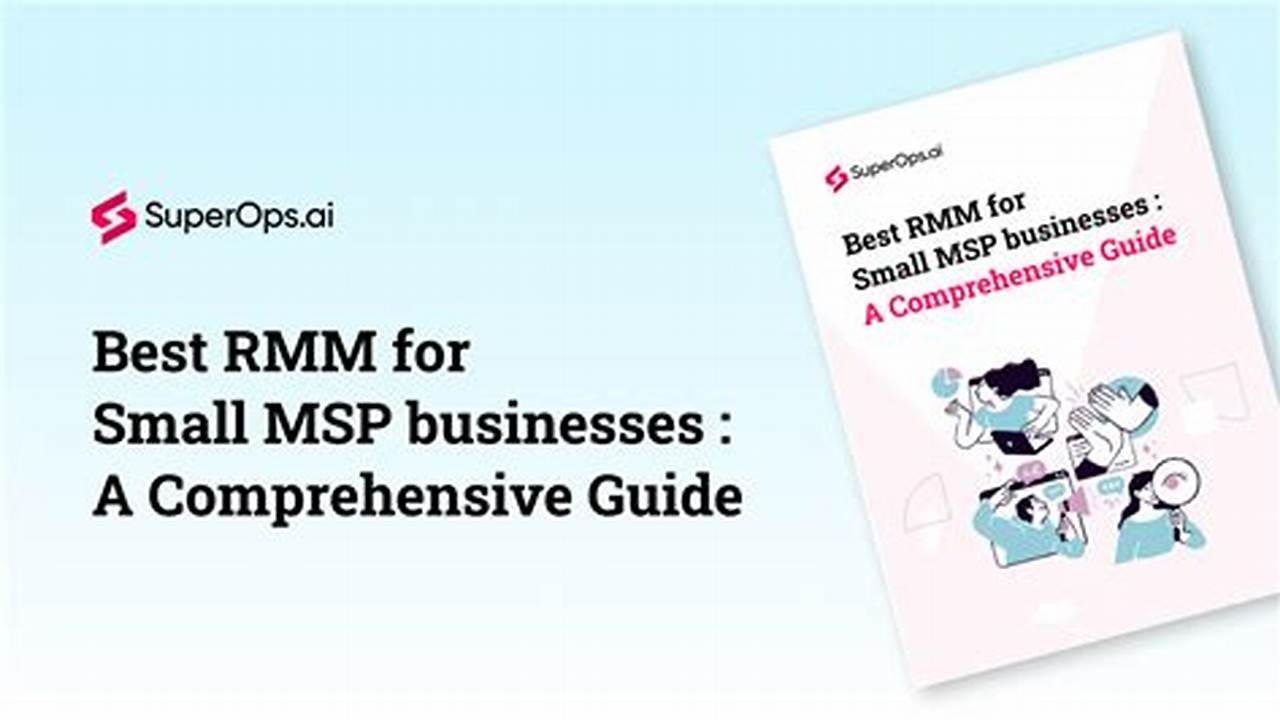
When it comes to protecting and managing IT infrastructure, small businesses need a reliable and efficient solution. A remote monitoring and management (RMM) tool is essential for proactively monitoring, managing, and troubleshooting IT systems, ensuring optimal performance and minimizing downtime. Among the various RMM solutions available, there are a few that stand out as the best options for small businesses.
The best RMM tools for small businesses offer a comprehensive suite of features tailored to their specific needs, including remote monitoring, patch management, software distribution, antivirus and malware protection, and automated alerts. These tools provide real-time visibility into IT systems, enabling IT teams to quickly identify and resolve issues before they impact business operations. Moreover, RMM tools help streamline IT management tasks, reducing the burden on IT staff and allowing them to focus on more strategic initiatives.


